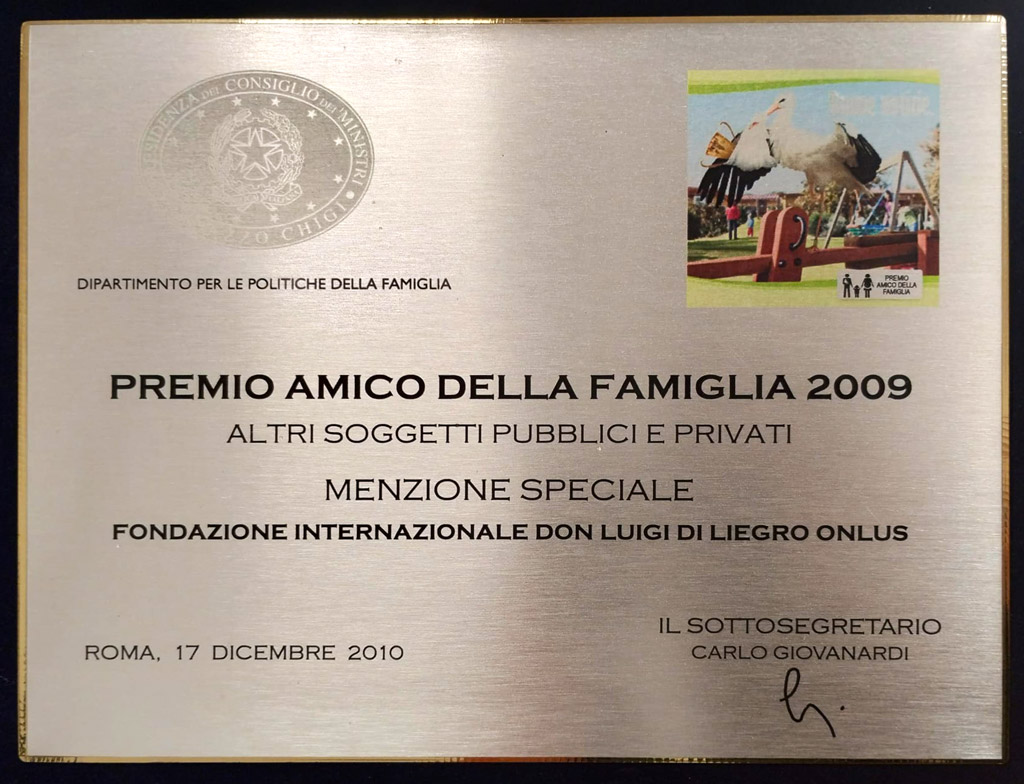The Art4Me project connects mental health and art and aims to create a unique opportunity to provide a new platform for sharing knowledge across borders and stakeholders, and a path for better citizen empowerment with or at risk of having mental health problems. A long series of new tools is therefore needed to address mental health. While art and creative expression have been a central element of European culture for millennia, the use of art as a tool for mental health has been poorly mapped and experiences often not shared.
The project aims to:
In order to prevent isolation and social marginalization, the project proposes the activation of a listening and assistance service in the area, which provides information on mental health services, orients users and supports them in defining a personalized project with territorial services.
To raise awareness among citizens about mental health, the project organizes training courses, information and annual conferences on topics such as Recovery and addictions. The training objectives include the creation of a group of volunteers to facilitate the social inclusion and therapeutic path of people with mental distress through socialization workshops, such as theatre, music, photography and art therapy.
In order to combat the loneliness of family members of people with mental health problems, the project promotes self-help groups with weekly meetings and monthly supervision by professionals, such as psychiatrists and psychologists, to provide supportive support and share experiences.
The project is conceived following a Recovery approach, which aims to give users an active role again, transforming them from passive recipients to protagonists involved in their own choices and committed to fully developing their potential.

IncluPsy is a project funded with support from the European Commission which aims to promote the social inclusion of people living with mental disorders. There are 6 partners (coming from five different European countries) called to discuss and exchange their experiences in order to strengthen their capabilities and define good practices on the topic.
With Inclupsy we also want to increase the awareness and the involvement on the topic of a larger number of actors on the topic of social inclusion. In fact, according to the World Health Organization, one in four Europeans suffers from mental illnesses.
The report "Health at a Glance: Europe", created by the European Commission and the Organization for Economic Co-operation and Development, highlights how mental distress is one of the most urgent issues to be addressed and warns of economic and social consequences of the problem.
People with severe and persistent mental disorders generally suffer from a great sense of isolation, the loss of the ability to undertake initiatives and live in independent housing, hold a job and carry out normal daily activities.
These effects, combined with the stigmatization and, in certain cases, prolonged and repeated psychiatric hospitalizations themselves become a factor of social disintegration, leading people to lose their homes, wander the streets and be excluded.
In light of the links (as cause or consequence) between mental disorders and social exclusion, it is not surprising that inclusion is one of Europe's priorities. But What practices are implemented by Europe to promote the social inclusion of people living with mental disorders? This question is the underlying theme of the IncluPsy project.
Go to site by IncluPsy.
The Project is recognized at European level within the Erasmus+ programme, through which the European Commission wants to encourage joint work between partners from different countries, to build an integrated path towards a quality of life that facilitates well-being and social inclusion , against stigma and marginalization.
A strategic program for the European Community, if we consider that mental disorders affect approximately 27% (83m.) of European citizens annually (European Social Work, 2013).
HERO - sharing the know-how of various EU countries relating to the social inclusion of people with serious mental distress, training methods and consolidated practice in the housing sector - aims to study what makes a place or which makes it a source of well-being, not only for users, but also for their family members, operators and citizens. Places that must be interconnected, permeable, habitable and modifiable. Where everyone can feel welcomed as a person, not characterized or stigmatized. Where everyone can recognize that mental health (and not only) is a heritage that concerns everyone and can be achieved if everyone is involved.
By housing we mean a process that favors the transition from the helping relationship to social inclusion. Numerous studies have shown how "community-based" services obtain better results in terms of treatment compliance, clinical symptoms, quality of life, housing stability and rehabilitation, compared to other models of care (Braun P. et al. 1981 ; Conway M. et al. 1994; Bond et al. 2001). At the same time, housing understood in this way is connected to the safeguarding of rights (citizenship, reduction of stigma, etc.), the rationalization of public spending (offering an alternative to the costs of excessive recourse to institutionalisation) and the development of an active and competent citizenry.